Specific Programs Designed for Different Age Groups
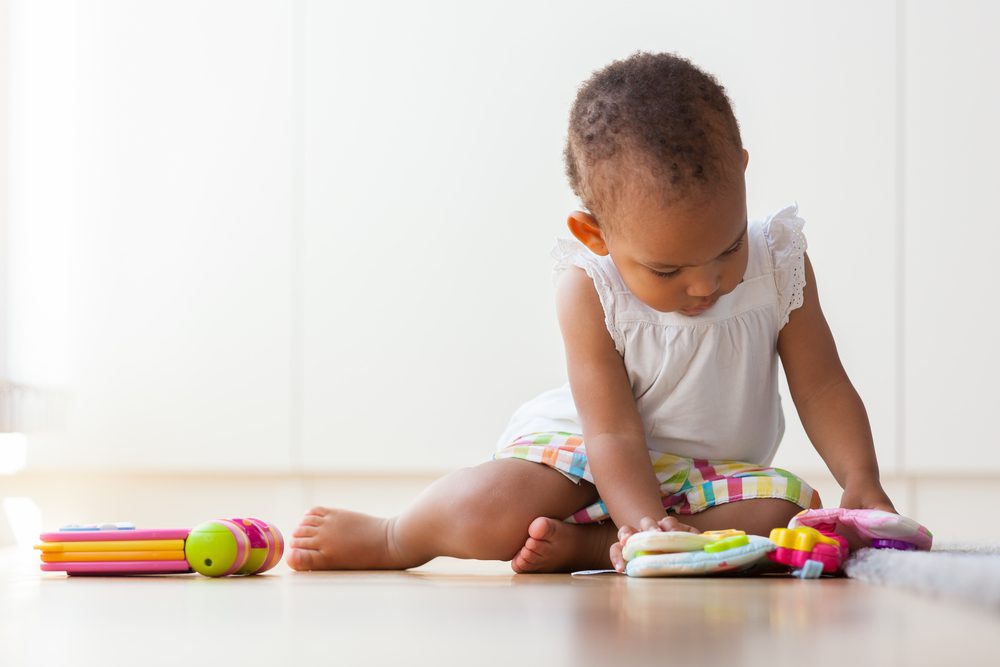
Infants
Our newborns range in age from 6 weeks to one year in age. In the infant room, we interact with the children from the time that they are dropped off to the time that they are picked up.
Learn More
We help the children learn by offering a variety of toys for play and we introduce new objects and ideas by using them ourselves.
OUR NEWBORNS FEEL A SENSE OF BELONGING.
We make sure they know they are accepted and well-loved in our care. They grow accustomed to routine activities that can be relied on but are not monotonous, grow more aware of acceptable behavior and begin to feel a connection to their teachers.
For example, we might shake a rattle and say “rattle” or play with a stuffed animal and make the sound that the animal makes. In addition to verbal communication, we engage the children by getting down onto the floor and smiling often while making eye contact. We also have one-on-one time with the children, where we might read a story together or sing a lullaby before napping.
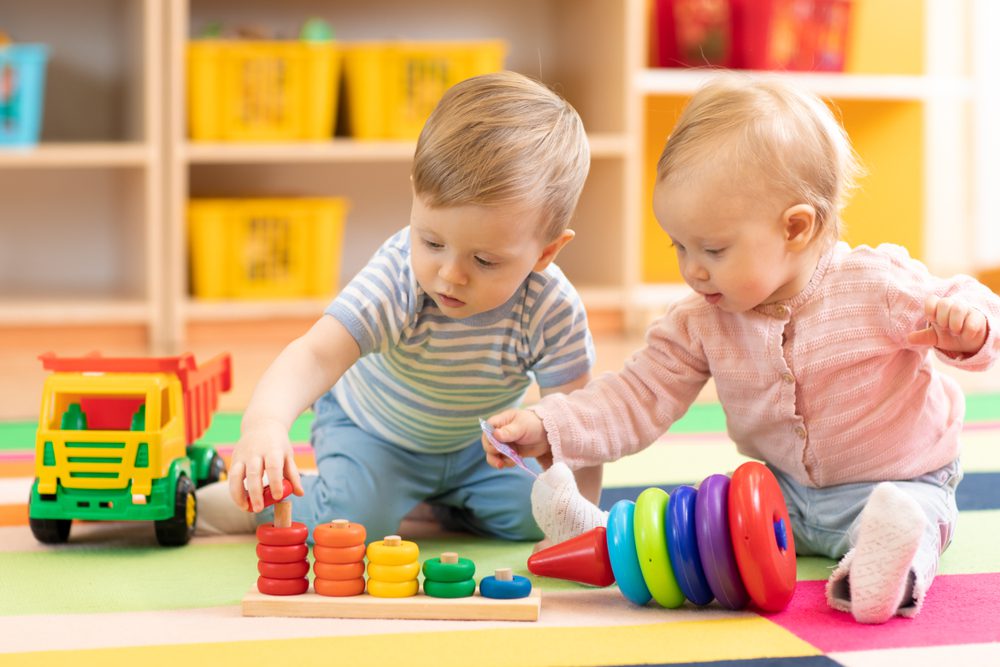
Toddlers
In our toddler classrooms, we focus on expanding verbal skills. We learn and review such concepts as parts of the body, colors, shapes, and feelings.
Learn More
We encourage the children to use their words, too. Throughout the day, children play in different centers in the classroom: cozy area, library, blocks, housekeeping, and the manipulative area.
There are a variety of toys and materials in each center to stimulate creative play. We have circle time daily, where we read books, sing songs, and share ideas related to our weekly theme. Themes are chosen based on the interest and the needs of the children. We observe the children closely in order to individualize the lessons. Children are asked to describe what they see in books, in the classroom, and outside to help expand their communication and creative expression skills.
Music is continuous throughout the day, and it helps set the tone of the classroom. We listen to soft music during nap time which we find soothing to the children. Parental involvement is an integral part of a successful program; we always formally update you with progress reports, but we love speaking with you during drop-off and pick-up times. As we introduce potty training, we like to know what you are doing at home. We will use the exact words and ideas you do at home to create a sense of consistency for your child.
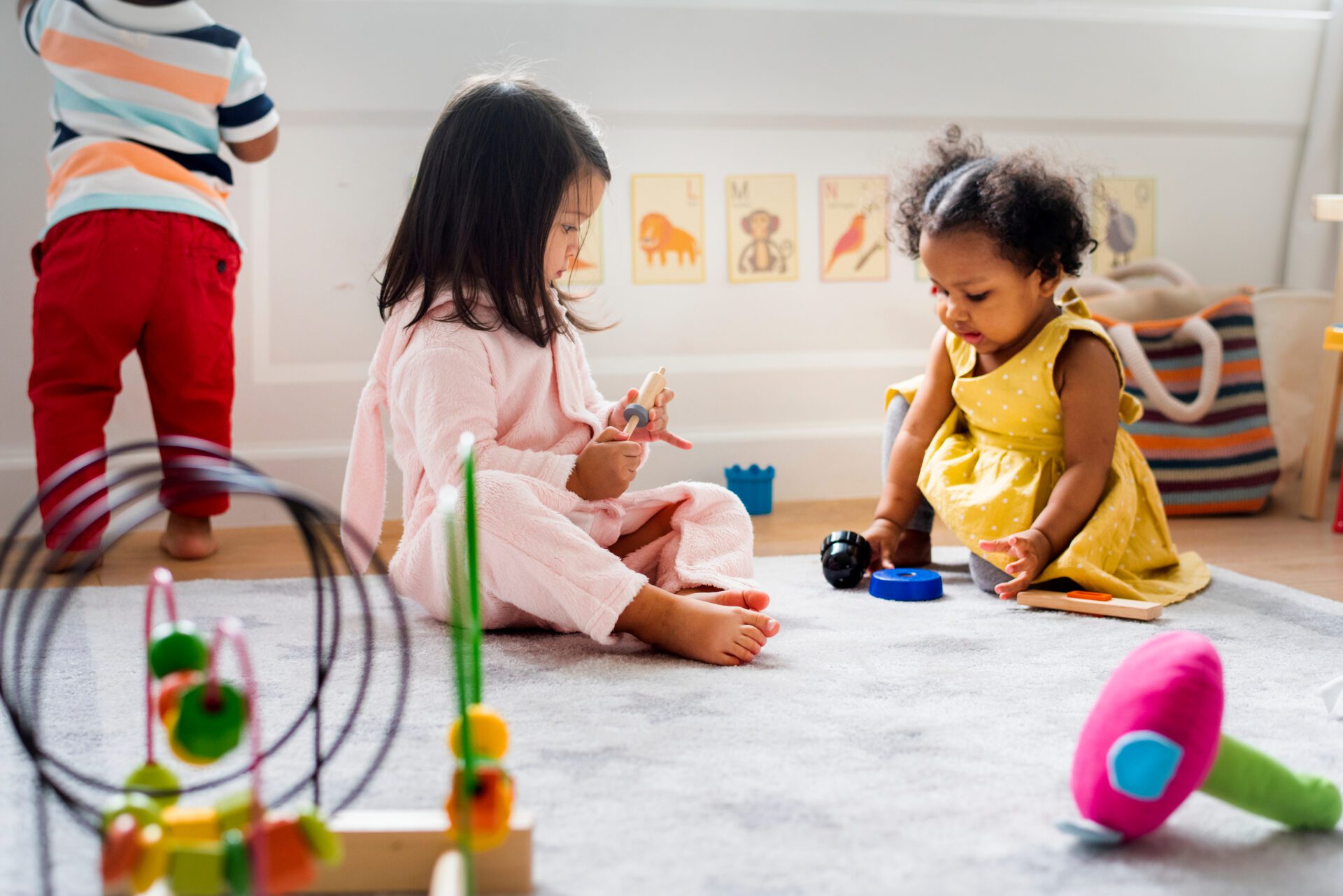
Threes and Fours
In our threes and fours classrooms, children learn through play, facilitated by adults, that teaches language, concepts about the physical world, problem-solving, motor coordination, and self confidence.
Learn More
Our classrooms are designed to help children gain responsibility and independence.
Daily activities include the development of language and writing skills. While we play, we reinforce key socialization concepts such as taking turns and patiently waiting until others finish. Children love surprises and fun, and we engage them in learning through all of their senses.
Our centers are spacious – there is room to explore. We keep our centers full of materials to foster creativity. Music is used as transitional cues to move from one activity to another. We encourage homework. Homework activities enable you, the parent, to see what we are learning in the classroom and offer some time for family togetherness.
We offer many experiences for your child throughout the day. We teach them how to be leaders by assigning daily tasks such as Line Leader, Setting the Table, and Classroom Inspector, to name a few. Through these experiences, the children are gaining self-confidence in their capabilities and exploring their emerging identity as it relates to the world around them.
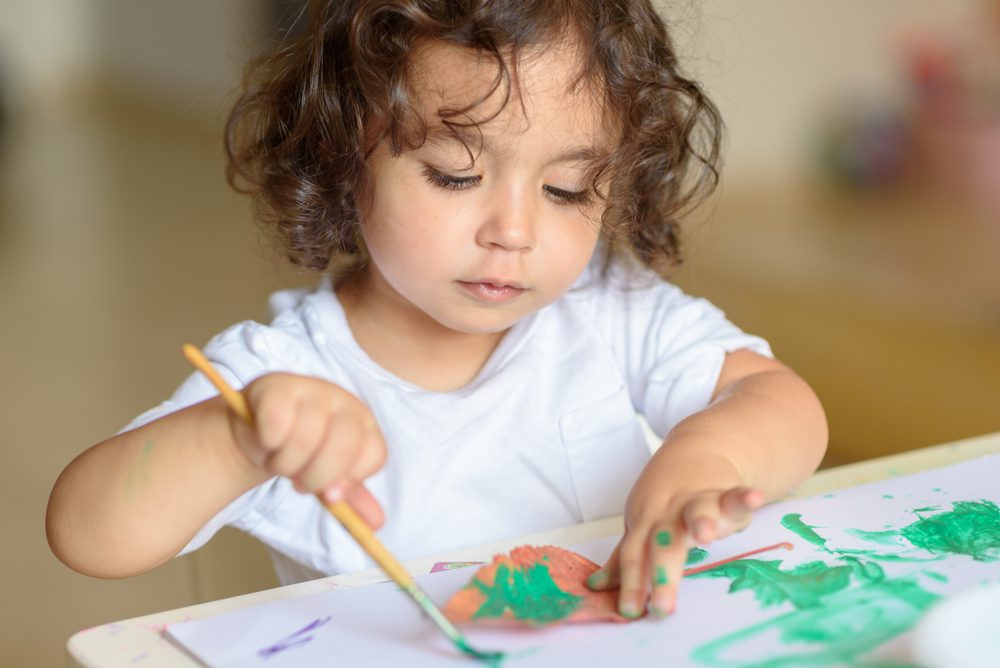
Transitional Kindergarten
The Transitional Kindergarten program is aligned with the North Carolina Kindergarten curriculum and it is specifically designed for 4 year old children whose birthdays fall after the August 31st requirement for entering Kindergarten in North Carolina Schools.
Learn More
- Our Transitional Kindergarten (TK) Program is aligned with the North Carolina general course of study for Kindergarten.
- Our program is taught by North Carolina certified teachers with 4 -year college degrees.
- Our students are assessed in August, December, and May to measure their academic progress and determine their specific needs.
- Our program prepares quarterly progress reports for each student and is reviewed with
parents.
Language Arts We provide activities that will encourage broader thinking skills, listening-comprehension, writing, speaking, and reading. These essential skills are key for learning and interaction.
Mathematics This curriculum provides instruction for mathematical reasoning and problem solving. The concepts will encourage students to value mathematics and gain confidence in their math abilities.
Science The science curriculum focuses on the core processes of the Scientific Method: predicting, observing, data collection, measuring, recording, classifying, and drawing conclusions. Students will also learn about the solar system.
Social StudiesChildren are given an understanding of their history and the world. They will develop awareness about themselves and others, as well as understanding the importance of sensitivity to their family and peers.
Arts The arts curriculum provides children with the opportunity of free expression through music, movement, drawing and painting.
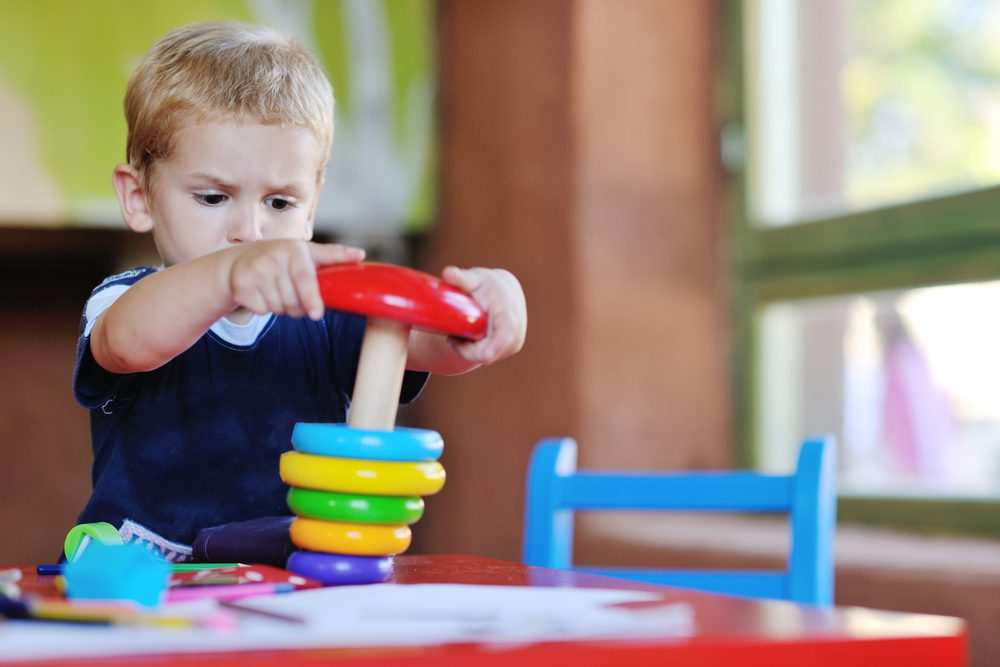
NC PreK
NC Pre-K serves an additional 1,482 children. Eligibility for NC Pre-K is based on family size, gross income, and/or other qualifying indicators.
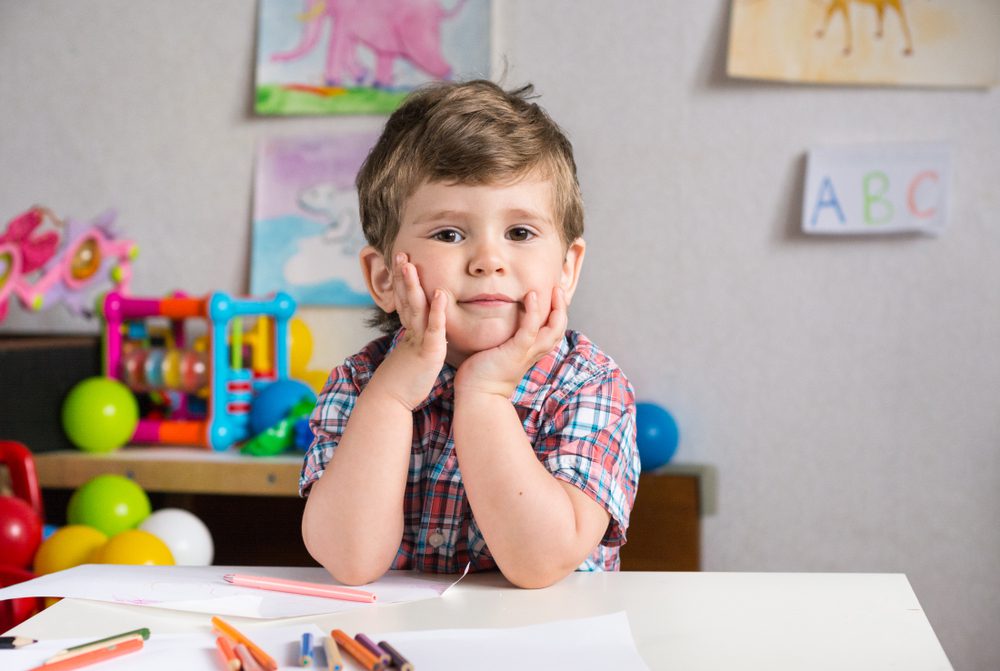
Meck PreK
MECK Pre-K is high-quality, free pre-k education for eligible four-year-old children in Mecklenburg County. MECK Pre-K is administered by Smart Start of Mecklenburg County and funded by Mecklenburg County.
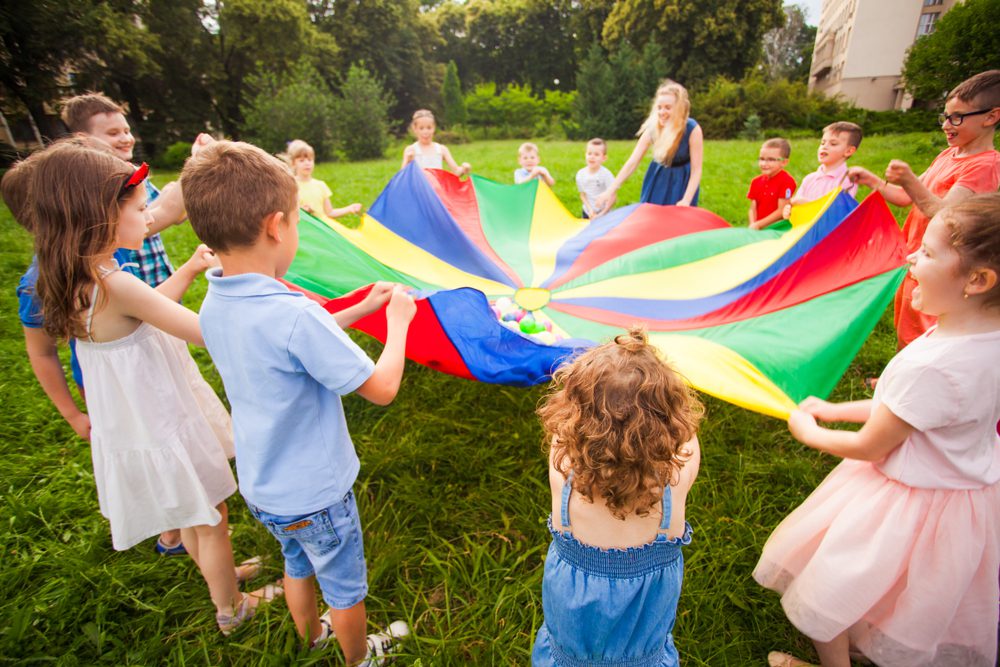
After School
Our school age program provides after school care for children ages 5 – 12 years. In this classroom we believe in the positive behavior and intervention concept by creating a respectful and positive environment for staff and children.
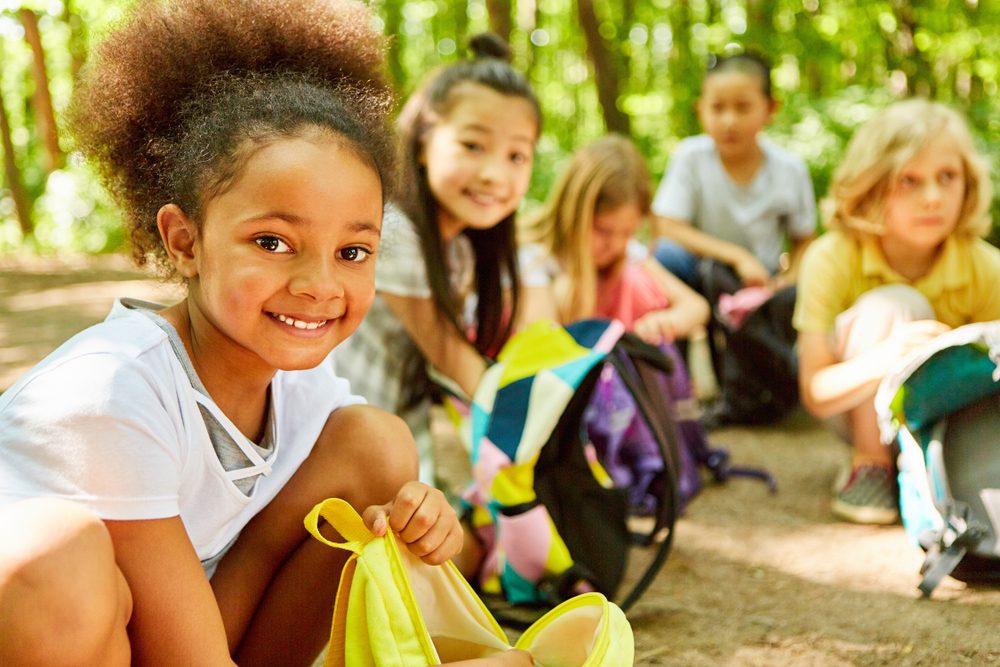
Summer Camp
Here at University Child Development Center, we know when school lets out and summer rolls around, it is possible that children do not get as much education stimulation as they would when school is in session.
Learn More
This is why our summer camp program is so important to us, the children, and parents that we serve. We do countless activities with the kids’ every day.
Summer Activities
Our centers are spacious, exciting, and full of surprises, but we also feel like children need fresh air and outings to fully discover and learn. All of the activities we do, the exciting things we introduce the children to, and the cultural and educational places we visit and learn about work together to create our ideal combination of education and exploration.
Lowes Food Tour The kids learn about nutrition and what are the best foods for them. UCDC teachers and camp counselors value nutrition, and we want the kids to know the importance of it too.
YMCA & Water Parks Swimming at the local YMCA is a great way for the kids to cool off during the summer and exercise. Adequate exercise and learning about food and nutrition are both necessary to foster the healthy lifestyle that we want UCDC kids to live!
Also… Forensic Classes, Field Trips (movies, parks, zoo, botanical garden, restaurants, ice cream parlors, and museums) Scavenger Hunts and Nature Walks!
